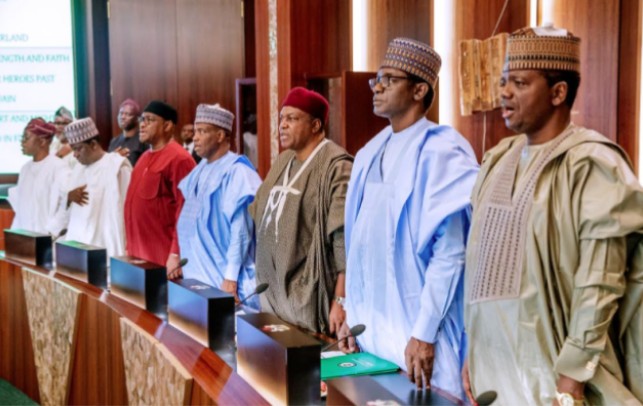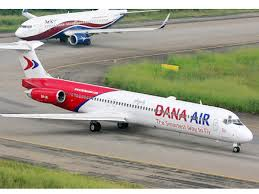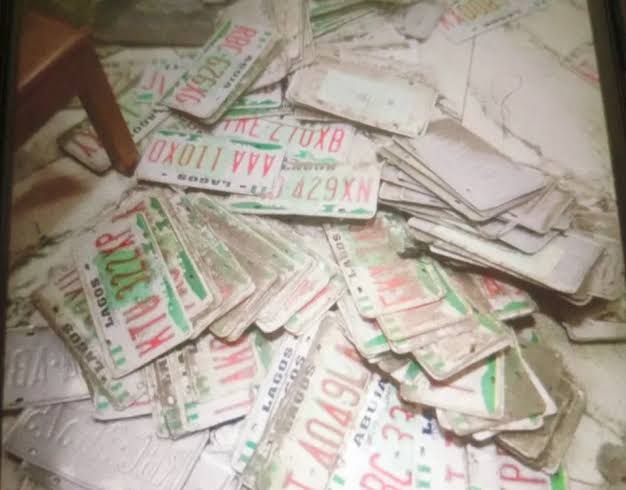Govs say subsidy’ll hamper salaries in 2022, back N5,000 grant

…Transport palliative will gulp N600bn for 20 million Nigerians – W’Bank
Governors of the 36 states of the federation have agreed to back the Federal Government’s plan to give poor Nigerians N5,000 transport palliative, arguing that if the fuel subsidy regime continues, state government will be unable to pay salaries in 2022.
The Governor of Kaduna State, Nasir El-Rufai, disclosed this on Tuesday during the launch of the World Banks’ November 2021 Nigeria Development Update report in Abuja.
El-Rufai decried the high cost of fuel subsidy, which according to him, is not reasonable.
He stated that the Nigerian Governors’ Forum had met and agreed to back the Federal Government’s transport palliative scheme.
He said, “This is why the Nigerian Governors’ Forum met and agreed to support the Federal Government’s social compact. Withdraw this subsidy by February, use the N250bn per month that would have been lost between February and May to do this conditional cash transfer that would put money in the pockets of Nigerians and alleviate not only the cost of transportation but the 2-3 per cent job inflation that is expected when the subsidy is eliminated. We cannot sustain it. We cannot continue with it.
“I don’t want to predict what will happen when 35 out of 36 states cannot pay salaries of civil servants, or even have any money to run the government. We will not have enough money to pay salaries. Already, some states are building up arrears, even oil-producing states are struggling to pay salaries.
“So, we support the plan to do conditional cash transfer for six to twelve months, N5,000 a month to the most vulnerable households. This is the position of the state governments and I have been mandated to communicate this.”
Earlier, the Federal Government had announced plans to replace the controversial fuel subsidy with an N5,000 monthly transportation subsidy to the poorest Nigerians.
The Minister of Finance, Budget and National Planning, Zainab Ahmed, said this during the launch of the World Bank’s report.
According to the minister, the transport subsidy will go to about 30 to 40 million Nigerians.
She said, “The subsidy regime in the oil sector is unsustainable and economically disingenuous. Ahead of the target date of mid-2022 for the complete elimination of fuel subsidies, there is a lot of work to do to eliminate the subsidy in a manner that would be consistent with the plans of the government and also to carry stakeholders and Nigerians along. We are working with our partners on measures to cushion the potential negative impact of the removal of the subsidies on the most vulnerable at the bottom of the pyramid, at least 40 per cent of the population.
“One of such is to institute a monthly transport subsidy in the form of cash transfer of N5,000 to between 30 – 40 million Nigerians. We aim to do this using digital platforms, there will be no physical cash transfers.”
The minister added that it would be based on a register for poor households in the country, stating that the government hopes to achieve this by the first quarter of 2022.
Fuel subsidy gulps N243bn monthly, unsustainable – NNPC GMD
The Group Managing Director and Chief Executive Officer of the Nigerian National Petroleum Company Limited, Mele Kyari, lamented the high cost of fuel subsidy, stating that the NNPC would soon have to invoice the Federal Government to cover subsidy costs in 2022.
He said, “What we are dealing with is about N243bn on subsidy every month. This is the reality that we are facing. Going forward in 2022, we simply cannot afford it anymore. We just don’t have the resources.
Transport palliative’ll gulp N600bn for 20 million Nigerians – W’Bank
The World Bank Lead Economist for Nigeria, Marco Hernandez, says the proposed transport subsidy may cost the Federal Government N600 to support 20 million Nigerians.
According to the global bank, this amount is significantly lesser than the N3tn projected to be spent on fuel subsidy in a year.
In his presentation of the new report, he said, “The N3tn in recovered revenues from eliminating PMS subsidies are redirected to immediately deliver N600bn in cash support to the people over the six months following the removal of PMS subsidies and to fund development priorities at all levels of government.”
He also highlighted the high cost of petrol subsidy which benefits mostly rich households, adding that the poorest 40 per cent in Nigeria consume less than three per cent of the total PMS in the country
He said, “Not only is the petrol subsidy costly, but it mainly benefits richer households.
“Nigeria has the opportunity to establish a compact with citizens that eliminates the subsidy and uses the savings to provide targeted cash transfers to lower-income-households, invest in job-creating programmes, and improve its fiscal position.”
He added, “We need to see how we can redirect this financing. We provide direct cash support to the poor. We are estimating that covering twenty million people could be around six hundred billion. This still leaves a very large chunk of funds that could be used for national priority for security, power sector reform, estate development funds, innovation of rural roads, industries.’”







